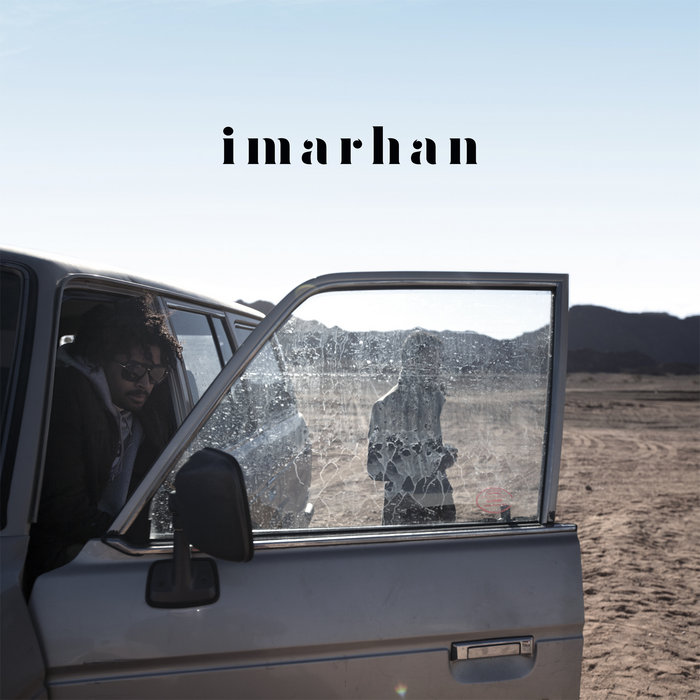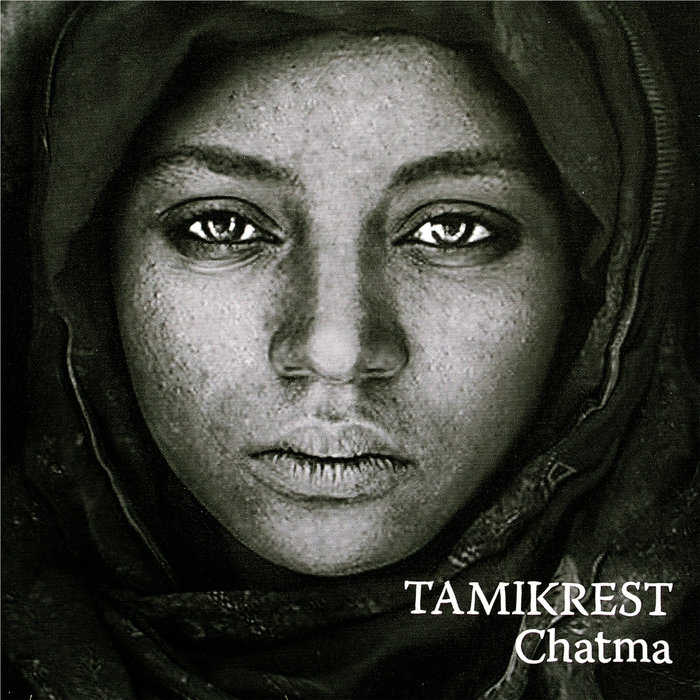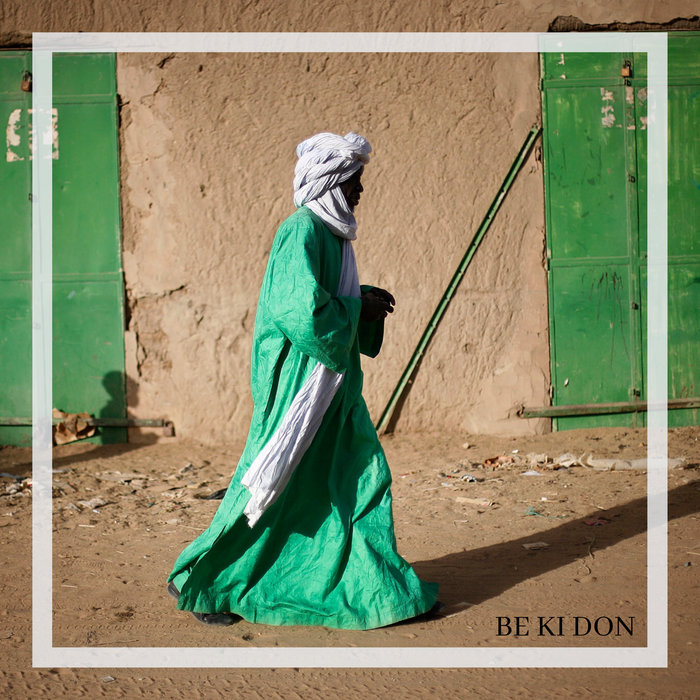
Assossamagh – Imarhan
this blog is GROOVY – check out great Soul, Funk, Jazz, Hip Hop, Bass, Breaks , Reggae, House n many more TUNES
When you think of blues, your mind might wander to smoky bars in Chicago or the Mississippi Delta. But there’s a whole other groove bubbling up from the sands of the Sahara: Desert Blues! It’s a genre that dances with rich cultures, deep traditions, and a sprinkle of magic that makes you wanna sway like you’re caught in a warm desert breeze.
Desert Blues emerged primarily from the Tuareg people, who roam vast stretches of North Africa. These nomadic folks have been singing their stories long before anyone slapped on a label. Their music is a soulful blend of traditional African rhythms and bluesy vibes infused with rock influences—think electric guitars strumming under starry skies!
The roots date back to around the 20th century when musicians began to mix local musical styles with Malian and Western elements. Famous for their poetic lyrics about love, freedom, and life in harsh but stunning landscapes, these tunes are relatable no matter where you’re from.
In the late ’70s and early ’80s, one group rolled onto the scene and changed everything—Tinariwen. Hailing from Mali’s desert regions (specifically Tamanrasset), they helped bring Desert Blues into global consciousness. With their uniquely hypnotic sound featuring guitars that seem to weep under moonlight while echoing tales of rebellion against oppression—they’re basically folk heroes on six strings!
Funny fact? Some members served in rebels’ groups fighting for Tuareg rights before they became rock stars! Talk about going from picking up arms to picking up guitars!
As time wandered along sandy trails into the ‘90s and 2000s, more bands jumped into this groovy desert soundscape:
And let’s not forget Bombino, another guitarist extraordinaire whose fingers fly over frets faster than you can say “Sahara sandstorm.” Did you know he once had dreams of becoming an electrician? Bet his current circuit looks quite different!
Desert Blues isn’t just about those mesmerizing guitar riffs; it also boasts some lively instruments:
These instruments create sounds that evoke images of endless dunes bathed in gold at sunset—all while keeping your heart thumping away like crazy!
With its rising popularity across borders (thank you internet!), Desert Blues has influenced various genres worldwide—from world music festivals to indie rock scenes looking for something unique.
Many artists incorporate elements into their music today! Ever heard Lana Del Rey sprinkled with some Saharan dust? Or how about The Black Keys taking notes? Those grooves seep so deep it’s like they’re trading licks over campfires in endless deserts.
Here’s something amusing about concerts involving these artists: Folks trying out traditional dance moves often end up looking less smooth than they’d hoped! Watching someone attempt Tuareg-style dancing—full-body sways mixed with subtle footwork—is comedy gold if done wrong! We call it “desert shuffle” here—and boy does it spark laughter amidst live shows!
So why embrace Desert Blues? Well folks—it tells stories through melodies born under twinkling stars amid vast arid lands where courage flows as freely as water should be found but rarely is.
Unplugged yet utterly magnetic; raw yet refined—a little mysterious charm is embedded within each note sung by legendary voices who’ve weathered storms both nature-made & man-made alike—there lies beauty beyond words!
Next time you’re craving some new tunes or need inspiration on what road would bring joyfulness alongside dusty shoes… dive headfirst into this extraordinary genre few have explored deeply enough despite its universal truths woven beautifully beneath grave realities faced today by many corners around our globe tinged brightly within harmonious delight rendered throughout sounds made famous far past Sahara shores along jam sessions held every night—that my friends… is pure magic waiting just for YOU!
So turn up those speakers—or even better grab your friends—and get lost together amongst swirling melodies filled firmly packed stories echoed across mystical deserts alive through rhythm flowing effortlessly beating timelessly within hearts loving fully discovering remarkably shining brilliantly—now THAT’S what we call groovy living baby!!! 🌵🎶

Assossamagh – Imarhan

Tisnant an Chatma – Tamikrest

Samba Traoré – Be Ki Don (AkîzzBeåtzz Funked-Up Edit) – NOMÅGIK aka AkizzBeatzz